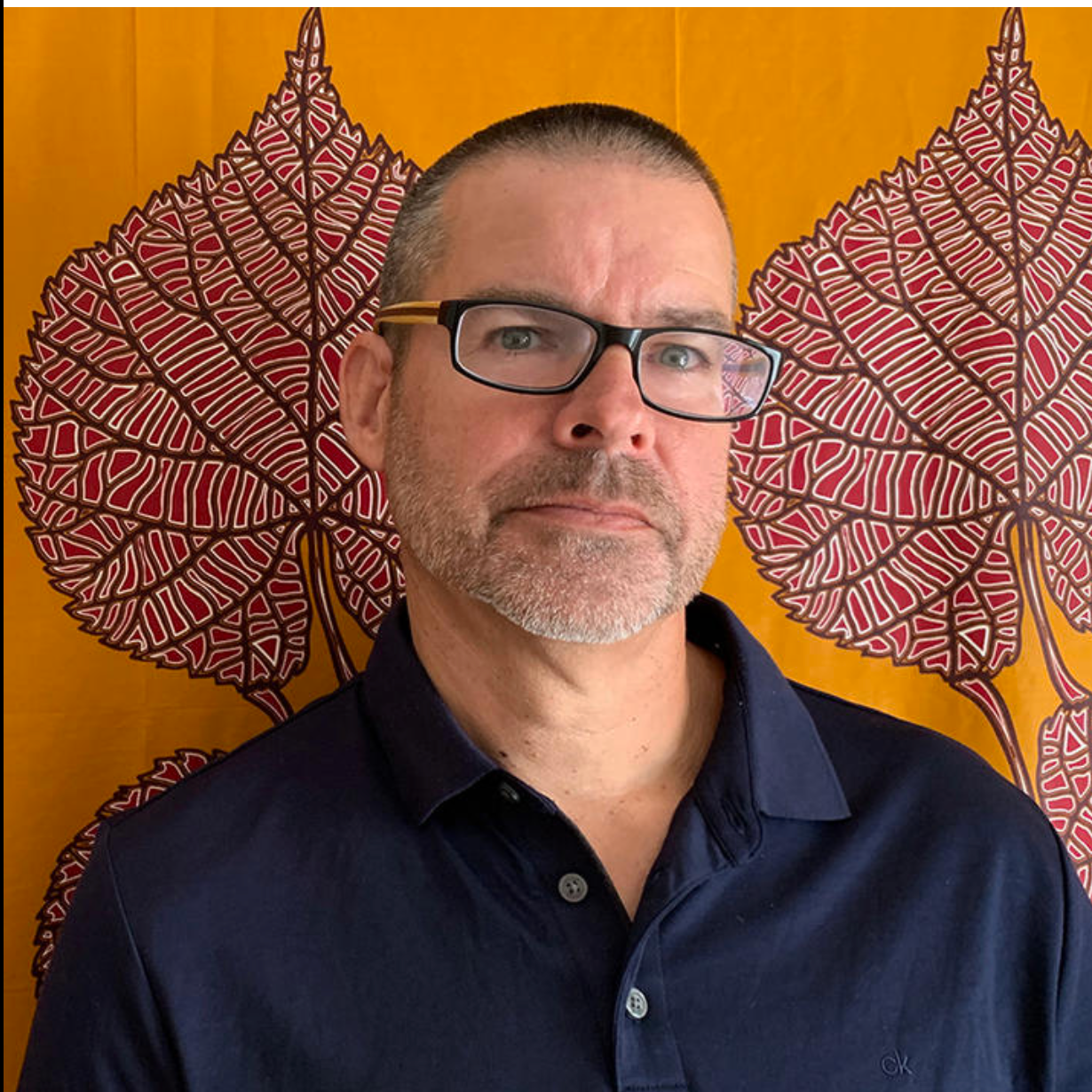Student Project Titles List
Green Initiatives, Red Ink? Evaluating Stock Market Reactions to CSR Reports

WEBSITE(S)| https://business.rice.edu/douglas-schuler
Student Project Titles List
Green Initiatives, Red Ink? Evaluating Stock Market Reactions to CSR Reports
Research Areas
Douglas Schuler is professor of business and public policy. His main research interests are corporate political activity, public policy, corporate social responsibility and non-profit organizations. He also does research about organizational collaborations about food insecurity in and around Houston. Schuler has published many research articles in top-tier academic outlets, including the Academy of Management Journal, Academy of Management Review, Business and Politics, Business Ethics Quarterly, Business & Society, California Management Review, Journal of Management, PLoS-ONE, and Strategic Management Journal. A member of the Rice Business faculty since 1992, he has taught many courses, most recently Business-Government Relations, Globalization of Business, and Social Entrepreneurship. Schuler has received several teaching and service awards at Rice, including the 1997 JGS Award for Teaching Excellence, 1997 Rice Graduate Students Association Teaching Award, the 2006 Rice Graduate Students Association Faculty/Staff Service Award, and the 2018 Teaching Award for Inquiry-Based Learning.